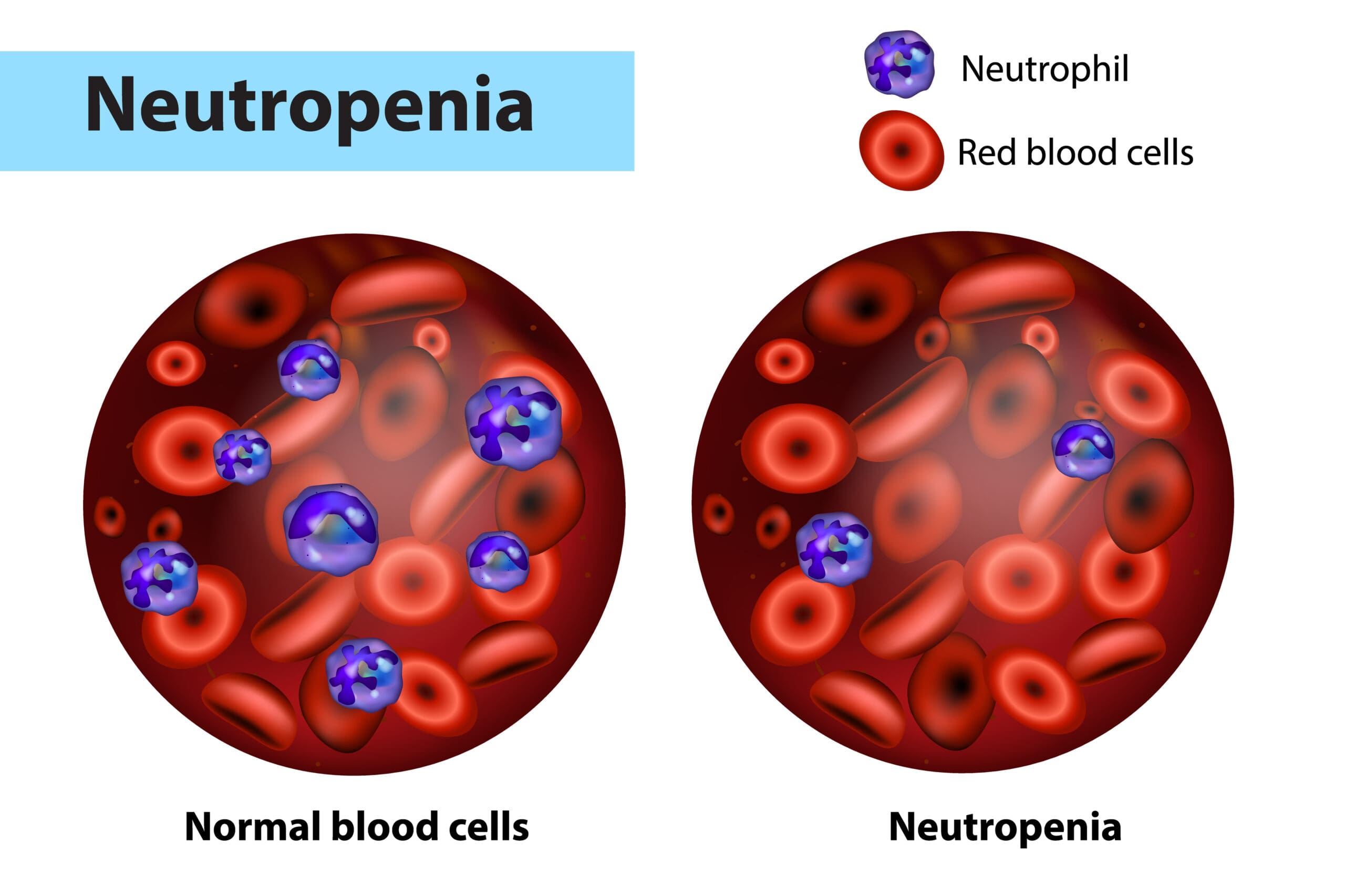Multiple sclerosis: Are gut bugs to blame?
By naturopath Margaret Jasinska
We all have approximately one and a half kilos of microbes living in our gut. The type of bugs you have largely determines the way your immune system behaves. Research has found that people with autoimmune disease tend to have different gut bugs. Usually, a predominance of what are referred to as bad bugs and not enough of the good ones. Modifying the microbial community in the gut may offer help for these patients.
A team of researchers from the Brigham and Women’s Hospital (BWH) has found that bacteria living in the gut can influence the activity of brain cells that are involved in controlling inflammation and neurodegeneration. This has enormous significance for those with multiple sclerosis. Francisco Quintana is a researcher at BWH and one of the authors of the study. He has said: “For the first time, we’ve been able to identify that food has some sort of remote control over central nervous system inflammation. What we eat influences the ability of bacteria in our gut to produce small molecules, some of which are capable of traveling all the way to the brain. This opens up an area that’s largely been unknown until now: how the gut controls brain inflammation.”
Certainly the type of food you eat determines what types of bugs you have living in your gut. Sugar and artificial additives promote unhealthy bacteria and fungi. Antibiotics, pain killers and antipsychotic drugs can also alter gut bugs in a potentially harmful way. Whether you develop food poisoning or gastroenteritis also influences your gut bugs. Fortunately, what you eat is the biggest determinant of your gut health, and in this way, you have enormous influence over the future health of your brain.
Often the gut microbiota is so abnormal that just eating healthy food is not enough to correct the imbalance. An herbal antimicrobial formula may be necessary to kill bad bacteria, yeast and Candida. Sometimes a prescription antibiotic is necessary as well. A lot of patients with disturbed gut bugs have several food sensitivities. These need to be uncovered, which can take time. Some patients require a low FODMAP diet in order to control high levels of the wrong bacteria in the intestines. Having a consultation with a naturopath can help you uncover your specific issues.
Excessive inflammation in the brain is also associated with an increased risk of dementia, motor neuron disease and Parkinson’s disease. Results of this recent research have been published in the journal Nature Medicine. The investigators found evidence that changes in diet and gut flora can influence astrocytes in the brain of MS patients, and, consequently, the rate of neurodegeneration.
Multiple sclerosis is an autoimmune condition where the body’s immune system starts attacking myelin, the protective coating that surrounds nerves. The condition has been linked to several risk factors, including vitamin D deficiency, infection with Epstein-Barr virus, and alterations in gut function. Rates of multiple sclerosis are increasing in most parts of the world, and occurring in younger individuals.
For more information on gut healing and the treatment of autoimmune disease, see our book Healing Autoimmune Disease: A plan to help your immune system and reduce inflammation.








Very interesting article Thanks Margaret